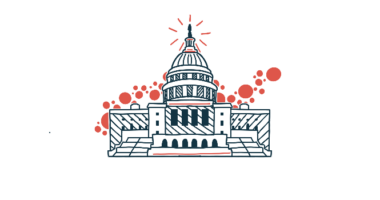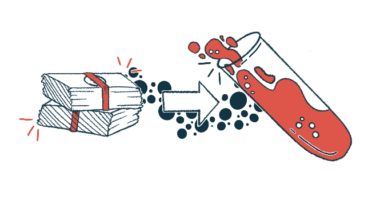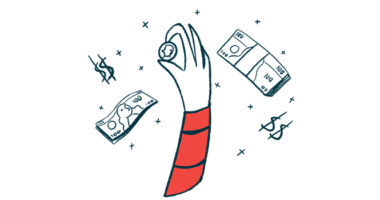U of Cincinnati gifted $13.5M for ALS research, patient care work
Hoffman family gift supports efforts including patient access to care

The ALS Multidisciplinary Clinic at the University of Cincinnati Gardner Neuroscience Institute in Ohio has been gifted $13.5 million to advance its research and patient care initiatives related to amyotrophic lateral sclerosis (ALS).
The donation comes from the estate of Hugh H. Hoffman, who earned a degree from the university in 1963. News of the donation was shared with ALS patients and their families at an event hosted by the Hoffman family late last month.
Given the profound magnitude of the gift — the second largest ever received by the Gardner Institute — plans are in place to rename the ALS Clinic the Hugh H. Hoffman ALS/Motor Neuron Disease Multidisciplinary Clinic, pending approval from the board of trustees.
Robert Neel, MD, an ALS specialist and director of the clinic, called the donation “meteoric” and “climate-changing” for ALS patients and their families, according to a university press release. “Mr. Hoffman’s generosity builds a legacy of patient care for generations,” Neel said.
ALS is a neurodegenerative disease marked by the progressive loss of nerve cells needed to control muscles, ultimately resulting in patients losing the ability to move, speak, eat, and breathe.
‘Cruelest’ disease with least scientific progress
“Of all the neurological diseases that we know of today, ALS is likely the cruelest and the area in which we have witnessed the least progress in a century of science,” Neel said. “Balancing the daily medical care of patients who are slowly being robbed of their motor function while looking for answers to stop the disease is an urgent priority.”
Hoffman’s donation will support a range of initiatives, including an endowed support services fund to ensure that ALS patients are able to access comprehensive multidisciplinary care, including specialists with appropriate expertise.
Funding will also go toward research efforts and provision of technical assistive devices for patients who have lost limb and speech functions.
“Mr. Hoffman’s incredible investment in our community creates a sustainable future of world-class care and research,” said Cory D. Shaw, president and CEO of UC Health. “Our ALS team has long provided compassionate care through a comprehensive approach, and this gift ensures this continues in the future.”
Two endowed chair positions will also be created, including a clinical neurologist chair intended to focus on patient care and clinical needs. Neel will be the first appointed to this position, pending trustee approval.
The other position will be a research chair, intended to be filled by a national expert who will concentrate on understanding ALS, its causes, and possible new treatments.
Andrew T. Filak Jr., MD, senior vice president for health affairs and dean of the university’s College of Medicine, said the research chair position will “dramatically expand our scholarly focus on this disease.”
The connection between Hoffman and ALS is personal. The Cincinnati native’s father died from the disease, driving the donor to be a long-time supporter of ALS research and care across several organizations.
“We wanted to honor our uncle’s legacy and his intentional long-time support of families impacted by ALS and the greater Cincinnati community,” said Bert and Steve Bullock, Hoffman’s nephews and co-executors of his estate. “We’re confident that UC and UC Health have the talent, leadership and vision to transform the future of research and care of ALS.”
Earlier this year, $58 million from Hoffman’s estate went to the ALS Association. The gift was the largest single donation ever for the nonprofit organization.
“I think Mr. Hoffman’s personal connection highlights the impact of watching someone suffer with this disease,” Neel said. “It will change you. This gift is about service and taking care of your fellow human beings.”
Hoffman’s estate endowed $56 million to UC in 2023 for the creation of the Hoffman Honors Scholar Program that supports student athletes.







